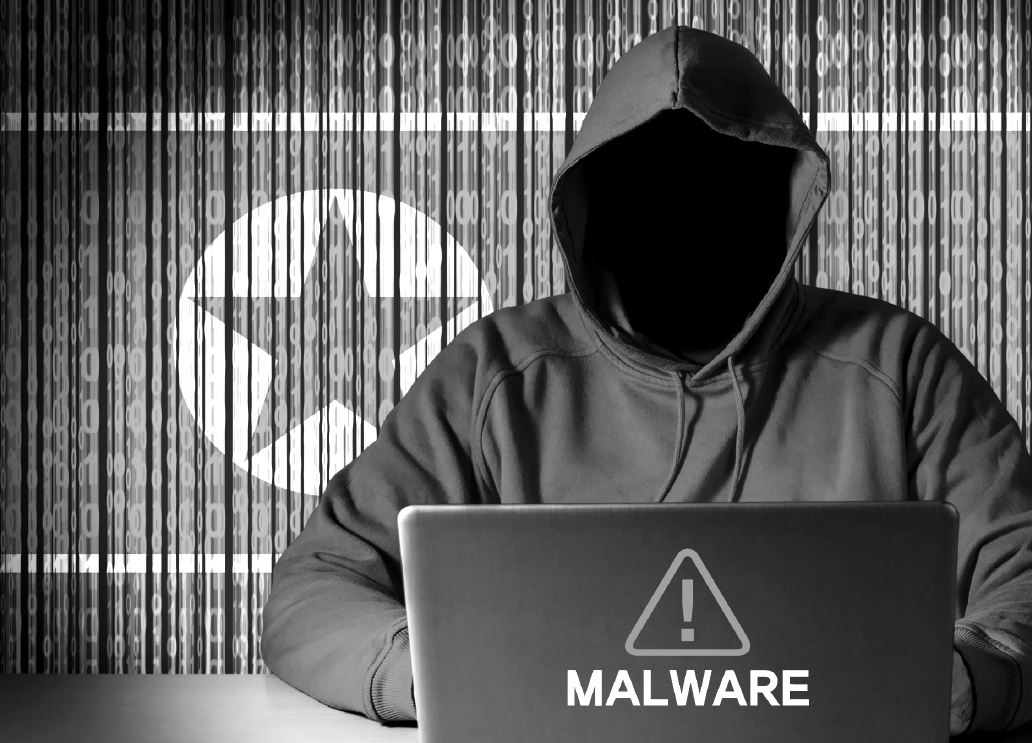
Lawmakers and experts in South Korea are calling for mandatory cybersecurity compliance for governmental agencies and other constitutional institutions in response to recent cyberattacks from North Korea. The National Assembly forum highlighted concerns about the vulnerability of South Korean courts and other public bodies to cyber infiltrations. The proposed measures aim to address the gaps in existing laws, which currently limit the ability of cybersecurity agencies to inspect constitutional institutions for potential cyber threats. The ruling People Power Party has introduced a bill to expand cybersecurity checks to include constitutional institutions, emphasizing the need to enhance efforts in protecting public agencies from advanced cyber threats. Additionally, there are calls for creating a legal framework to implement security measures in the government and other public bodies, drawing inspiration from the US's approach to enforcing security requirements in state agencies. International attention is also focused on South Korea's response to cyber threats from North Korea, with the country potentially playing a leading role in addressing cyber threats globally. Furthermore, there is an emphasis on the importance of proactive prevention and cooperation among agencies to strengthen cybersecurity measures, as well as the need for close collaboration between post-attack response and prevention and protection agencies to minimize damage and prevent future incidents.
